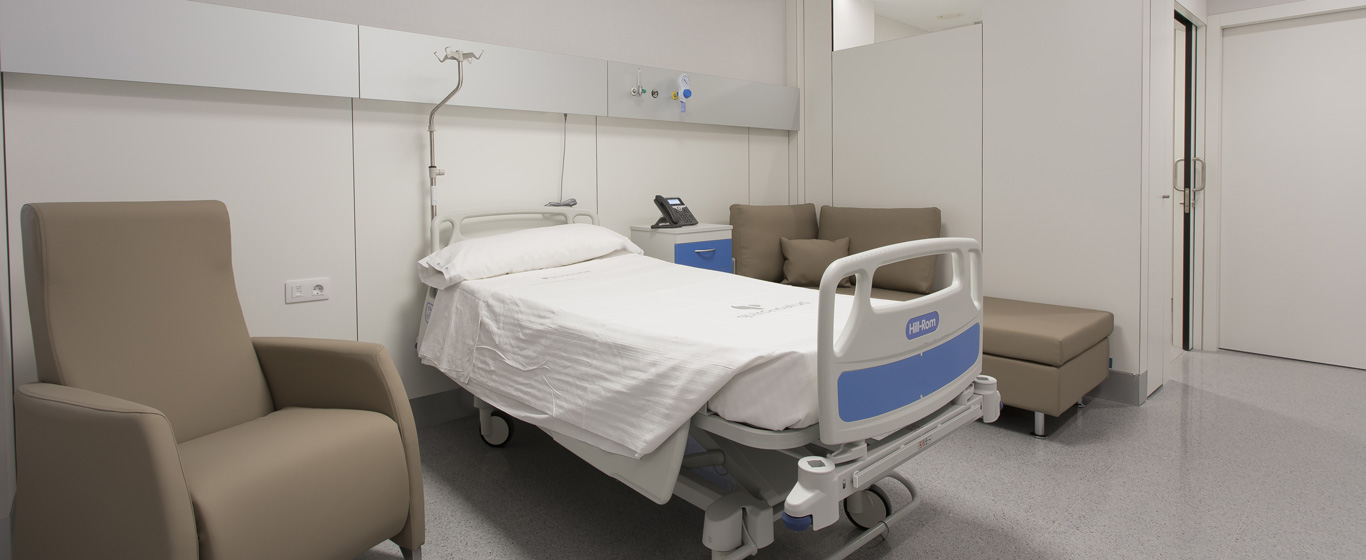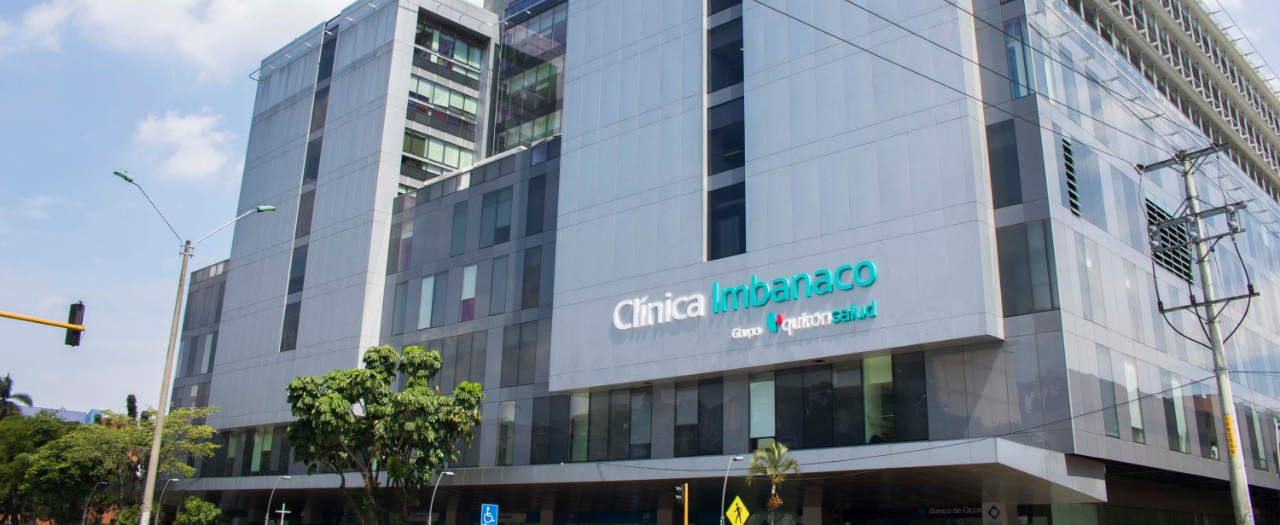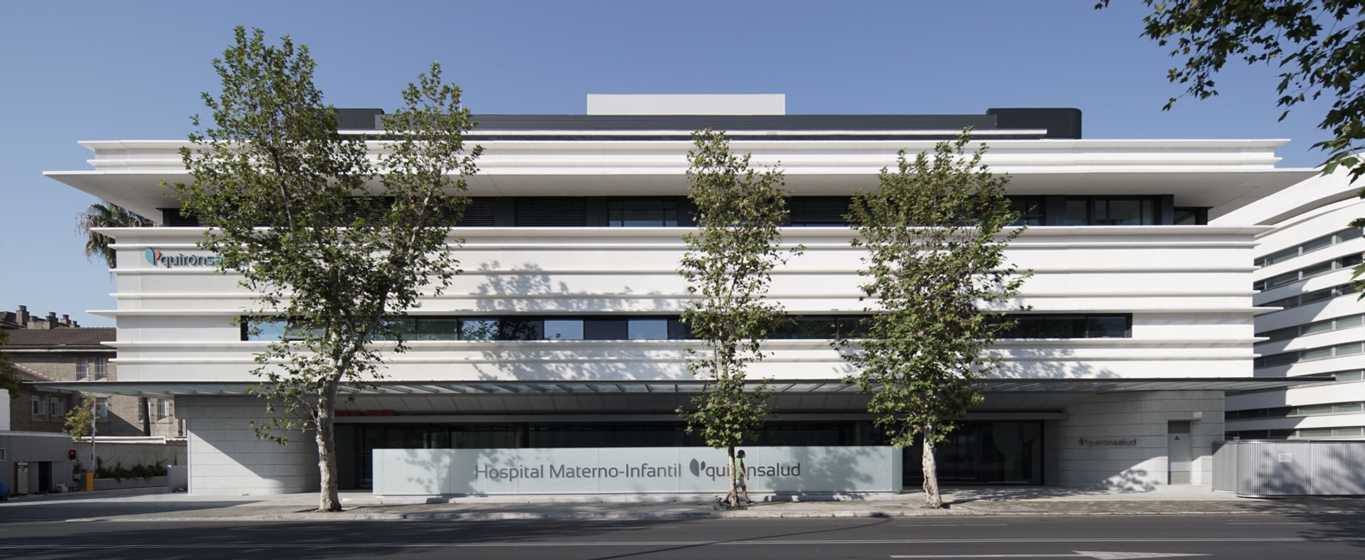Cystitis
How to prevent a urinary tract infection? Information on the causes, symptoms, treatments, and remedies for cystitis.
Symptoms and Causes
Cystitis is inflammation of the bladder, usually caused by a urinary tract infection. Although it can be painful, it is not a serious condition. However, if not properly treated, it can severely affect the kidneys.
Depending on its origin, there are two main types of cystitis:
Bacterial Cystitis:
This is the most common type. It occurs when certain bacteria, especially Escherichia coli (E. coli), which naturally inhabits the intestines, enter the urinary system through the urethra.
Non-Infectious Cystitis:
In these cases, bladder inflammation is not caused by an infection but by other factors, such as:
- Radiation Cystitis: Results from radiation therapy in the pelvic area.
- Medication-Induced Cystitis: Certain treatments, such as chemotherapy, can cause this condition.
- Foreign Body Cystitis: The bladder becomes inflamed due to the presence of a foreign object, usually a catheter or urinary stent.
- Interstitial Cystitis: A chronic bladder inflammation with an unknown cause.
- Cystitis Due to Other Conditions: Diabetes, kidney stones, or an enlarged prostate can contribute to its development.
In most cases, urinary infections resolve within a few days, and only in some instances is prolonged treatment required.
Symptoms
The most common symptoms of cystitis include:
- Pain or burning sensation when urinating.
- Frequent urination (polyuria): Increased number of urinations per day, but with less urine volume.
- Urinary urgency (tenesmus): Persistent urge to urinate.
- Blood in urine (hematuria).
- Cloudy urine.
In more severe cases, symptoms may include fever, lower back or flank pain, nausea, or vomiting.
Causes
In most cases, cystitis occurs when bacteria from feces enter the urinary tract. E. coli is the most common cause, but urinary infections can also be caused by Staphylococcus saprophyticus, Klebsiella, Proteus, Enterobacter, Citrobacter, and other bacteria.
Risk Factors
Because cystitis can develop for various reasons, determining specific risk factors is challenging. However, it is more common in:
- Women: Due to anatomical differences in the urinary and reproductive systems, as well as the presence of bacteria in the genital area that may cause infections. Sexually active women have an even higher risk.
- Pregnant women.
- Men or women using barrier contraceptives.
- Diabetics.
- Immunocompromised individuals or those with urological conditions such as kidney stones.
- Patients with urinary catheters.
Complications
If cystitis is not properly treated or does not respond to standard therapies, it may lead to complications such as a kidney infection, which in severe cases could result in kidney failure.
Prevention
There is no definitive way to prevent cystitis, but certain measures can help reduce the risk:
- Drinking plenty of fluids.
- Including antioxidants and cranberry supplements in your diet.
- Wiping from front to back after urination or bowel movements.
- Urinating after sexual intercourse.
- Keeping underwear and swimwear dry.
- Taking showers instead of baths.
Which Doctor Treats Cystitis?
Cystitis is diagnosed and treated by specialists in urology, pediatrics, or family medicine.
Diagnosis
The primary diagnostic method for cystitis is a urine analysis and culture, which detects the presence of bacteria. In some cases, ultrasounds or X-rays are performed to rule out other causes of bladder inflammation.
Treatment
For effective treatment, therapy must be tailored to the specific type of cystitis diagnosed:
- Antibiotics to treat bacterial infections.
- Avoiding products that cause allergies or irritation.
- Pain relievers to alleviate discomfort, especially if cystitis is a side effect of chemotherapy or radiation therapy.











































































































